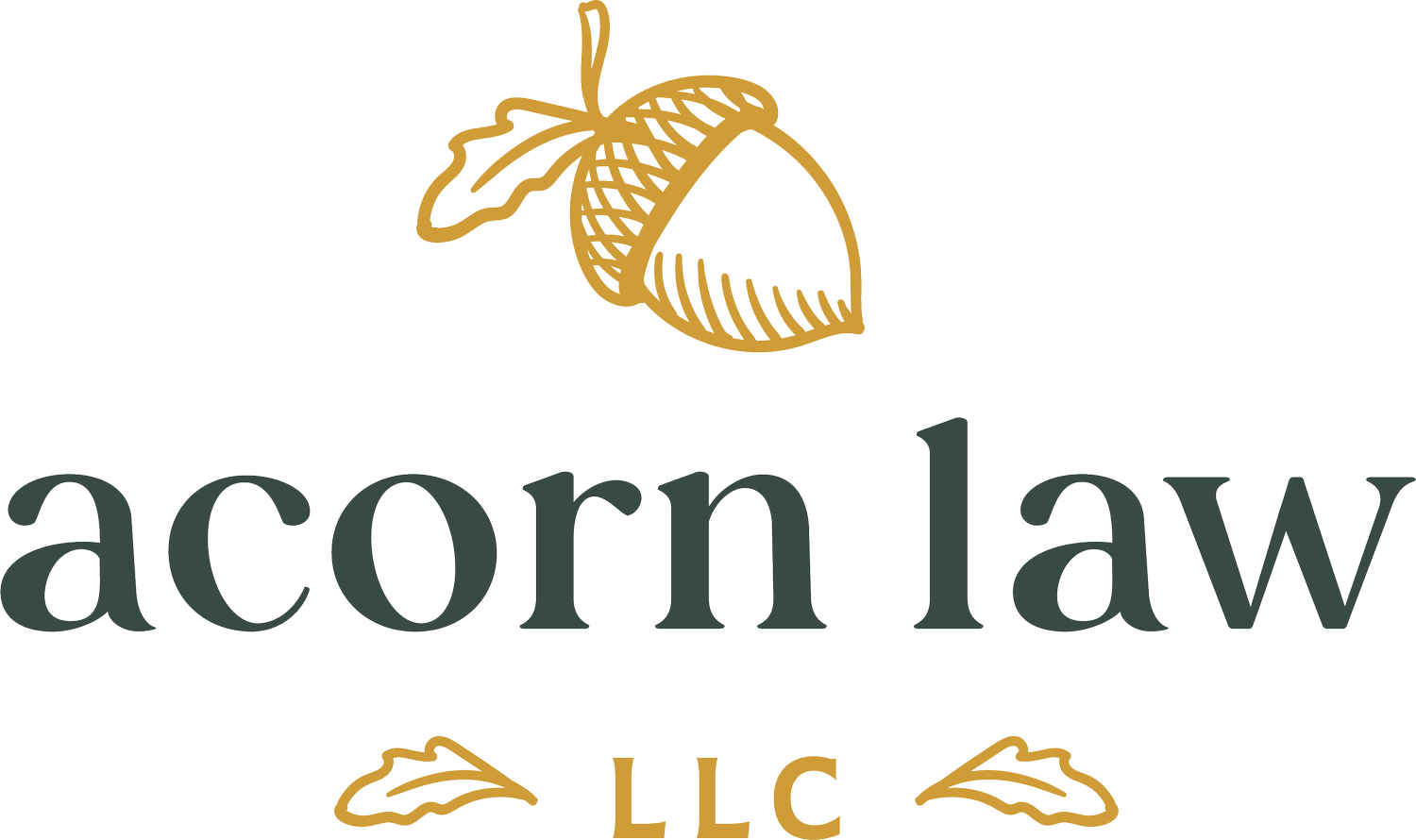How Much Could Probate Cost in Maryland? Breaking Down the Numbers
Probate costs can be a major consideration for families handling the estate of a loved one in Maryland. In this post, we’ll cover how much probate might cost for an estate valued at $500,000, breaking down the key expenses: the fee to the Register of Wills and the statutory fees for the personal representative (executor) and attorney, as outlined by Maryland law.
1. Register of Wills Fee
The first expense in probate is the fee paid to the Register of Wills. This fee is based on the size of the estate and helps cover the cost of court oversight. For an estate worth $500,000, the Register of Wills fee in Maryland is $1,000. This fee is typically paid upfront from the estate’s assets.
2. Personal Representative and Attorney Fees
In Maryland, the compensation for the personal representative and attorney handling the estate is governed by Maryland Trusts and Estates Section 7-601. The fees allowed by statute are calculated as follows:
9% of the first $20,000 of the estate’s value
3.6% of the remainder of the estate’s value over $20,000
Let’s look at how this applies to a $500,000 estate:
9% of the first $20,000 = $1,800
3.6% of the remaining $480,000 = $17,280
The total statutory fee for personal representative and attorney services would therefore be $19,080.
3. Total Probate Cost
When we combine the Register of Wills fee and the statutory fees for the personal representative and attorney, the cost to probate a $500,000 estate in Maryland is:
Register of Wills Fee: $1,000
Personal Representative/Attorney Fees: $19,080
Total Probate Cost: $20,080
Additional Costs to Consider
The above breakdown covers the primary costs, but there may be other expenses to keep in mind. For example, estates might incur costs for appraisals, upkeep of estate property, tax filings, or other administrative fees, which can vary based on the estate’s assets and circumstances.
Reducing Probate Costs
Families interested in minimizing the cost and length of probate might consider working with an estate planning attorney to explore strategies such as:
Setting up a trust: Trusts can help keep assets out of probate entirely, potentially saving time and fees.
Designating beneficiaries: For accounts like life insurance, retirement funds, and certain bank accounts, naming beneficiaries allows these assets to pass directly without going through probate.
Final Thoughts
Understanding probate costs can help families prepare for the process and make informed decisions. If you’re navigating the probate process or planning your estate, consulting an experienced Maryland estate planning attorney can be a valuable step in ensuring your assets are managed efficiently and effectively.

